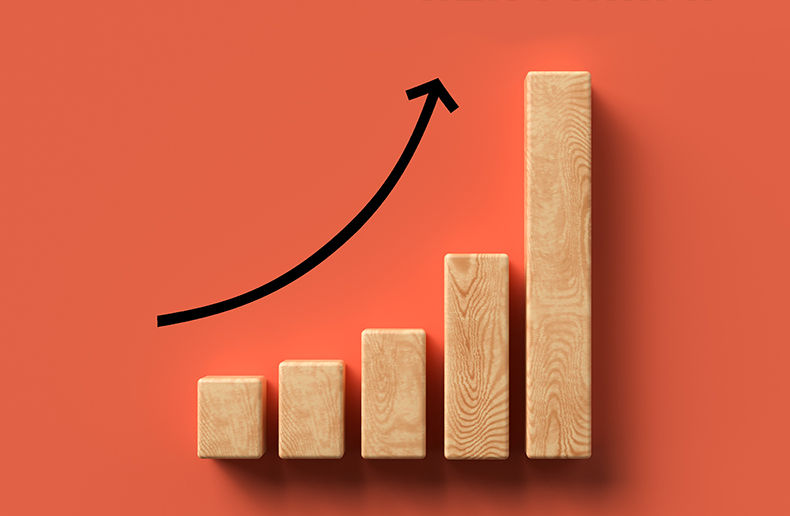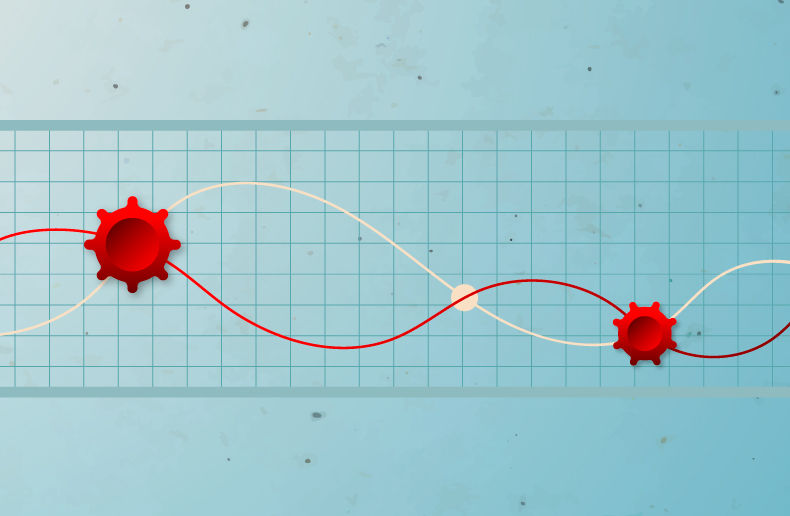Mega-reinsurer Swiss Re fears that COVID-19 may trigger a systemic crisis, although industrial countries are collectively fighting back with a weapon rarely used: tax measures.
The global pandemic COVID-19 may spark a worldwide recession, Swiss Re says in the latest issue of Economic Insights. A systemic crisis is also possible, the reinsurer warns.
Extreme monetary and fiscal measures will partly reduce the economic and financial risk linked to the pandemic, yet major uncertainties remain, the reinsurer adds. “The risk of a systemic crisis is higher than a decade ago,” Swiss Re says.
High debt levels
Key factors that can amplify the risk of prolonged and more serious recession are looming on the horizon, including high and risky debt levels, and elevated liquidity risk.
Swiss Re notes that household and corporate debt levels are reaching all-time peaks. “We see a 25% chance of a global credit crisis” the reinsurer says.
Euro zone vulnerable
The impact of the factors will vary depending on the world region. Swiss Re thinks the Euro area has less room for manoeuvre in monetary and fiscal policies. What’s more, its bank sector is weak despite improved capital ratios. This weakness, combined with more rigid labour markets, make this zone more exposed to systemic risk than the United States or China.
Junk bond comeback?
Unlike in 2008, this time the systemic crisis will not come from banks but rather from high corporate debt levels, Swiss Re states. This debt outside financial institutions is more worrisome because it is high, and is mainly concentrated in lesser quality securities.
The credit market comprises investment grade bonds and junk bonds. BBB – that is the dividing line. The investment-grade market has reached US$10 trillion. It has become riskier because the share of BBB rated debt has ballooned from just 17% in 2001 to 50% today, Swiss Re points out. A BBB bond is two downgrades away from junk bond status, which can exacerbate credit volatility. “This risk is more elevated in the US than in Europe,” the reinsurer says.
Student and personal loans
Swiss Re notes that household debt in the US has climbed back to worrisome levels since the last crisis. Student loans, credit card debt and auto loans are amplifying as delinquency rates rise despite ongoing wage growth. “Suddenly falling incomes could amplify widespread defaults of household debt,” the reinsurer warns.
Tax authorities step in
Meanwhile, the G-20, or group of 20 industrialized countries, plans to take concerted tax measures to combat the effects of the coronavirus on markets and the economy.
This has never been seen before, says Senior Vice-President and Chief Economist at iA Financial Group, Clément Gignac. “It’s major! All of the G 20 countries are joining forces to set tax policies.”
Gignac is convinced that the world is entering an economic crisis. “It is not a financial crisis, and the public and monetary authorities are trying to keep it from becoming one. Recent events including the latest G 20 meeting imply that we will not be reliving the crisis of 2008, but it’s not a precise science,” he explains.
He adds that: “I don’t think markets will end 2020 with a 20% loss.” He is cheered by recent positive events such as American support measures that reached $2.2 billion on March 23, equal to 6% of the United States GDP.
In Canada
In Canada, aid measures had already reached $250 billion by March 23, 2020. The country has applied several unprecedented forms of relief that include tax measures. Clément Gignac points out that companies can defer remittances of goods and services taxes (GST) and the Québec sales tax (QST) until the end of June. What’s more, personal income taxes owing are not due until September 1, 2020.
On top of that, the federal government introduced a 75% wage subsidy for small businesses retroactive to March 15, along with an Emergency Business Account for small businesses ranging up to $40,000 in loans interest-free for the first year, guaranteed by the government.
No choice
G-20 countries have no choice but to shoulder their tax weapon in response to COVID-19, Clément Gignac adds. He thinks monetary easing policies have reached their limit: “What more can we do after interest rates are at zero?”
Gignac cites a Bloomberg study that found that more than three dozen central banks trimmed their interest rates in the week of March 23, 2020. Closer to home, the Bank of Canada lowered its overnight lending rate from 0.50% to 0.25%, in an extraordinary cut. The rate is now at its effective lower limit, Gignac says.
The Bank of Canada also launched a commercial paper purchase program and other quantitative easing, Gignac adds.













